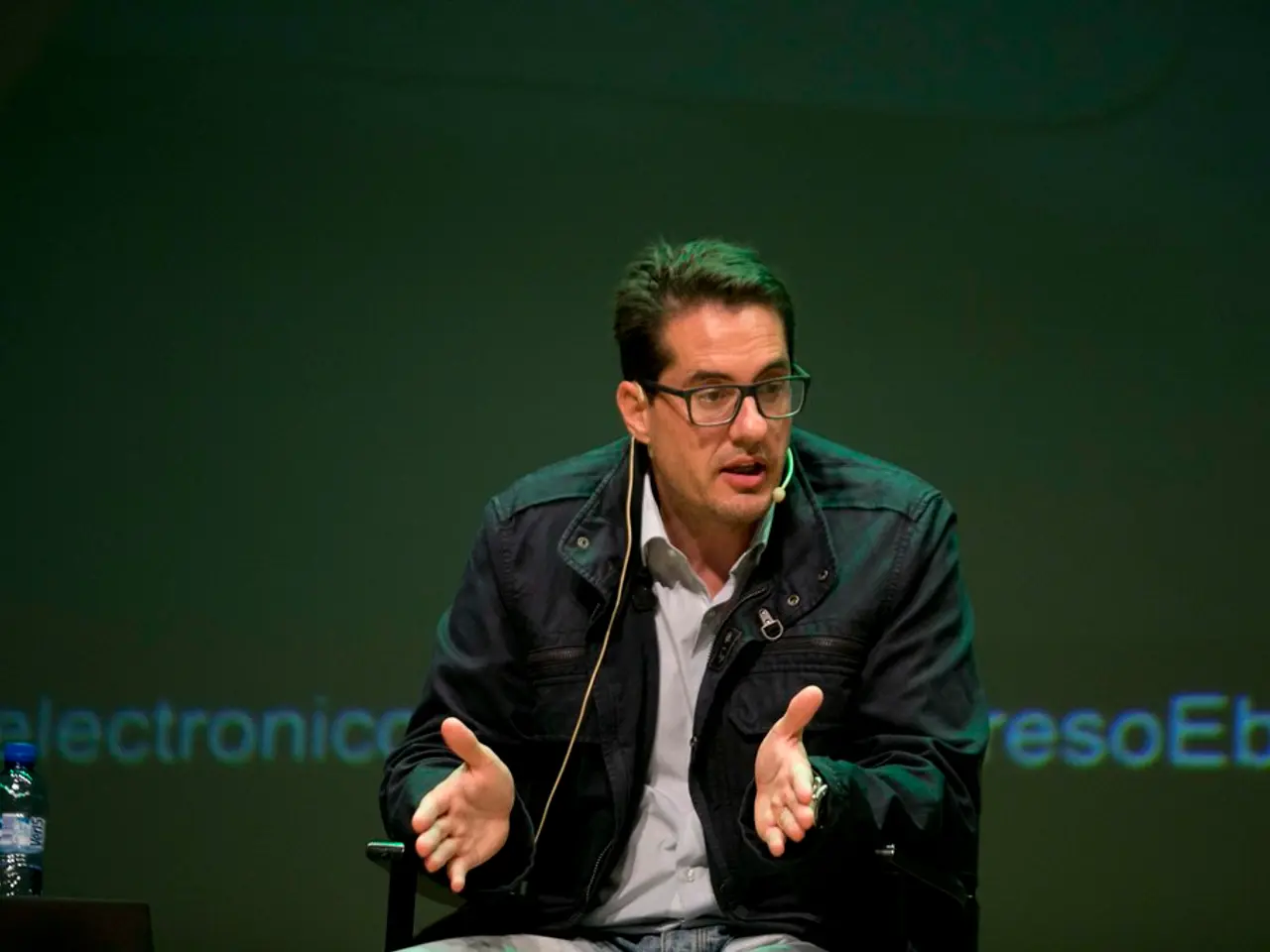AI Voice Banking: A Double-Edged Sword in Preserving Unique Voices
AI-driven voice banking, while offering benefits like preserving unique vocal signatures, raises concerns about accessibility and equity. Critics warn it may exacerbate divisions between the wealthy and underprivileged, with some unable to afford the technology.
Voice banking, which safeguards distinctive vocal signatures, has advanced significantly. Recent algorithms require only brief audio recordings to create personalised signatures. However, the cost factor excludes many, particularly those in underfunded situations like some hospitals or individuals struggling with financial barriers.
Silence, often perceived as neutral, can be profound and revealing. It can signify the voices of marginalised communities left unheard due to lack of access to technology. This raises questions about who is more 'worthy' of a voice and whose voices should remain unheard.
Experts like Soumi Banerjee and Dipjyoti Paul caution that voice banking might widen existing cleavages. It aligns with subaltern studies, aiming to shift focus from dominant narratives to marginalised communities. Yet, it also raises concerns about accessibility and equitable participation.
An ethical framework is needed to guard against these issues and potential security threats like deepfakes. Voice banking offers hope for those with conditions like ALS or Parkinson's, but it must be accessible to all to avoid further marginalisation.
AI voice banking, while offering benefits and aligning with subaltern studies, also raises concerns about equity and accessibility. An ethical framework is crucial to prevent widening existing divisions and to ensure that everyone has the opportunity to safeguard their unique vocal signature.








